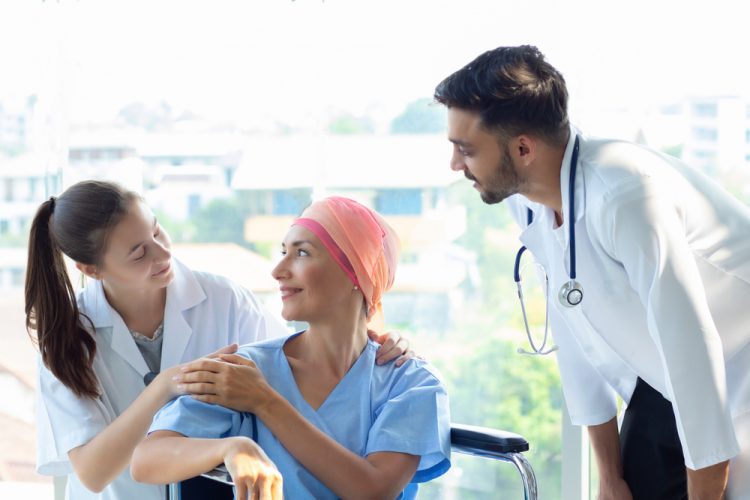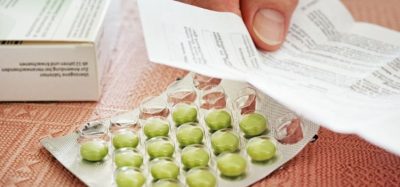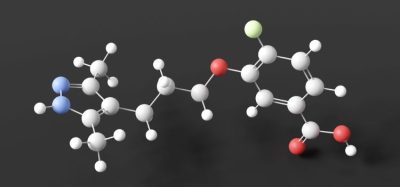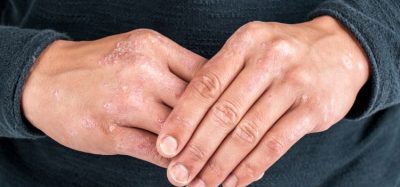Cancer therapy influences COVID-19 vaccine response
Posted: 4 October 2021 | Anna Begley (European Pharmaceutical Review) | No comments yet
New study finds patients receiving chemotherapy have lower COVID-19 antibody levels post-vaccination than patients receiving targeted cancer therapy.


Researchers from the Medical University of Vienna and Vienna General Hospital, Austria, have demonstrated that the type of cancer treatment patients receive influences their COVID-19 vaccine response. Specifically, they found those undergoing chemotherapy had lower antibody levels than patients undergoing targeted therapy.
The team studied antibody production following coronavirus vaccination in over 600 participants in two patient groups and in a control group made up of healthy hospital staff. “Patients with solid cancers were included, as were patients with blood cancers,” added Matthias Preusser who led the study published in JAMA Oncology.
“Patients receiving chemotherapy had lower antibody levels than patients receiving targeted therapy,” explained lead author Maximilian Mair. “We found the lowest antibody levels in patients with blood cancers who had received targeted therapy against malignant B cells.”
In both healthy individuals and cancer patients, antibody levels were higher after full immunisation with the licensed coronavirus vaccines than after only one dose but, even after full vaccination, antibody levels were higher in healthy individuals than in cancer patients. No differences were found between the various vaccines, with most people having received messenger RNA (mRNA) vaccines in the study.
“Overall, our data show that most cancer patients develop antibodies against the SARS-CoV-2 Spike (S) protein after vaccination and therefore vaccination is generally recommended, but that vaccine protection is reduced by some cancer treatments,” concluded Preusser. “After vaccination, general protective measures such as regular COVID-19 testing and hygiene measures therefore appear to be very important, especially for cancer patients receiving ongoing cancer treatment, if optimal protection against COVID-19 is to be achieved.”
The team stated that further studies are now planned to clarify how vaccine protection can be further improved in cancer patients.
Related topics
Antibodies, Chemotherapy, Immunisation, Immunotherapy, Proteins, Research & Development (R&D), Vaccines, Viruses









